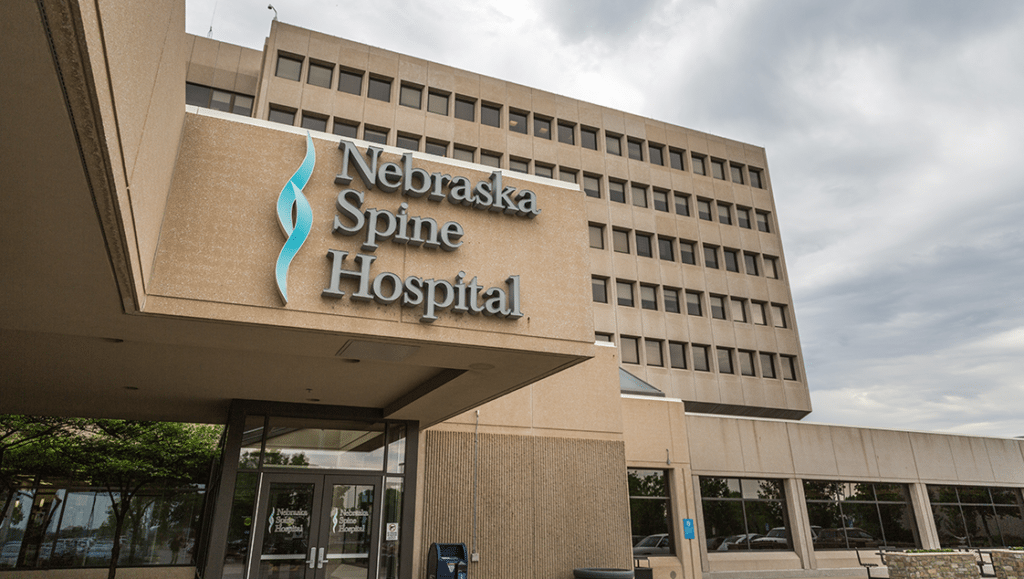Undergoing spine surgery can feel overwhelming. Having a clear understanding of what to expect can help ease concerns and ensure you feel prepared and confident every step of the way. Here’s an overview of the spine surgery process, including pre-surgery preparations, what happens during surgery, and recovery afterward.
Before the Surgery
Proper preparation is essential to a smooth surgical process and recovery. Here’s what you can expect in the weeks leading up to your procedure:
- Medical Evaluations
Your healthcare team will conduct a comprehensive pre-surgical evaluation. This may include blood work, imaging studies like X-rays or MRIs, and consultations with your surgeon and anesthesiologist. These steps ensure that you’re a good candidate for surgery and identify any additional precautions needed. - Medications and Lifestyle Adjustments
You’ll receive guidelines on managing your medications leading up to surgery. For instance, you may need to stop taking blood-thinning medications a few days before your procedure. Additionally, managing conditions such as hypertension or diabetes is crucial to minimizing risks. - Pre-Surgery Instructions
Your surgeon will provide detailed instructions on preparing for surgery. This may include avoiding food or drinks after a specific time the night before, as well as arrangements to have someone accompany you to and from the hospital. - Mental and Emotional Preparedness
Many patients find it helpful to ask questions and discuss their concerns with the surgical team beforehand. Knowing what to expect can reduce anxiety and give you peace of mind.
During the Surgery
On the day of your procedure, the surgical team will ensure you’re comfortable and well-cared for. Here’s what the process typically involves:
- Pre-Operative Preparations
When you arrive at the hospital, you’ll be taken to a pre-operative area where the medical team will review your information once more. You’ll change into a surgical gown and an IV will be placed to administer fluids and medications. - Anesthesia
Depending on the type of spine surgery, you’ll likely receive general anesthesia to ensure you’re asleep and pain-free during the procedure. The anesthesiologist will monitor your vital signs throughout the surgery to ensure your safety. - The Procedure
Your surgeon will carry out the operation using advanced techniques tailored to your specific condition. This may involve relieving nerve compression, stabilizing the spine, or correcting structural issues. Many spine surgeries today use methods that can lead to faster recovery times. - Immediate Post-Operative Care
After the procedure is complete, you’ll be moved to a recovery area where nurses will monitor your vital signs as you wake up from anesthesia. Pain management will also begin at this stage to ensure your comfort.
After the Surgery
Recovery is a crucial phase of the spine surgery process. Here’s what you can expect as you heal and regain mobility:
- Hospital Stay
Depending on the type of surgery, you may stay in the hospital for a day or several days. Nurses and therapists will help you with early mobility exercises, such as sitting up and walking short distances, to encourage circulation and prevent complications. - Pain Management
You’ll be prescribed medications to manage pain and discomfort. Your healthcare team will guide you on how to use these effectively, while also gradually reducing reliance on medications as you heal. - Physical Therapy
Physical therapy plays a key role in recovery. A physical therapist will create a personalized program to help you rebuild strength, improve flexibility, and restore normal movement patterns. Consistency with these exercises will be critical for your progress. - Lifestyle Modifications
You may need to make temporary or long-term changes to your daily activities to protect your spine as it heals. For example, avoiding heavy lifting, practicing good posture, and following an ergonomic setup for work or leisure can all reduce strain on your spine. - Follow-Up Appointments
Regular follow-ups with your surgeon are important to monitor healing and address any concerns. During these visits, your doctor will review your progress, make adjustments to your recovery plan as needed, and provide clearance for increased activity levels.
Planning for a Successful Recovery
Every patient’s recovery timeline is unique, but staying committed to your post-surgical care plan can make a significant difference in your outcomes. Some tips for a successful recovery include:
- Be Patient with Yourself
Healing takes time, and progress may come in small steps. Celebrate milestones along the way, and don’t hesitate to reach out to your surgical team with questions or concerns. - Keep Moving
While rest is important, staying active within approved limits can help prevent complications and speed up recovery. Walking and performing prescribed exercises can be particularly beneficial. - Maintain a Healthy Lifestyle
Eating a balanced diet, staying hydrated, and getting adequate sleep all support the body’s natural healing process.
We pride ourselves on delivering exceptional care throughout every phase of spine surgery—from preparation to recovery. Our dedicated team is here to guide you, answer your questions, and provide personalized support tailored to your unique needs.









